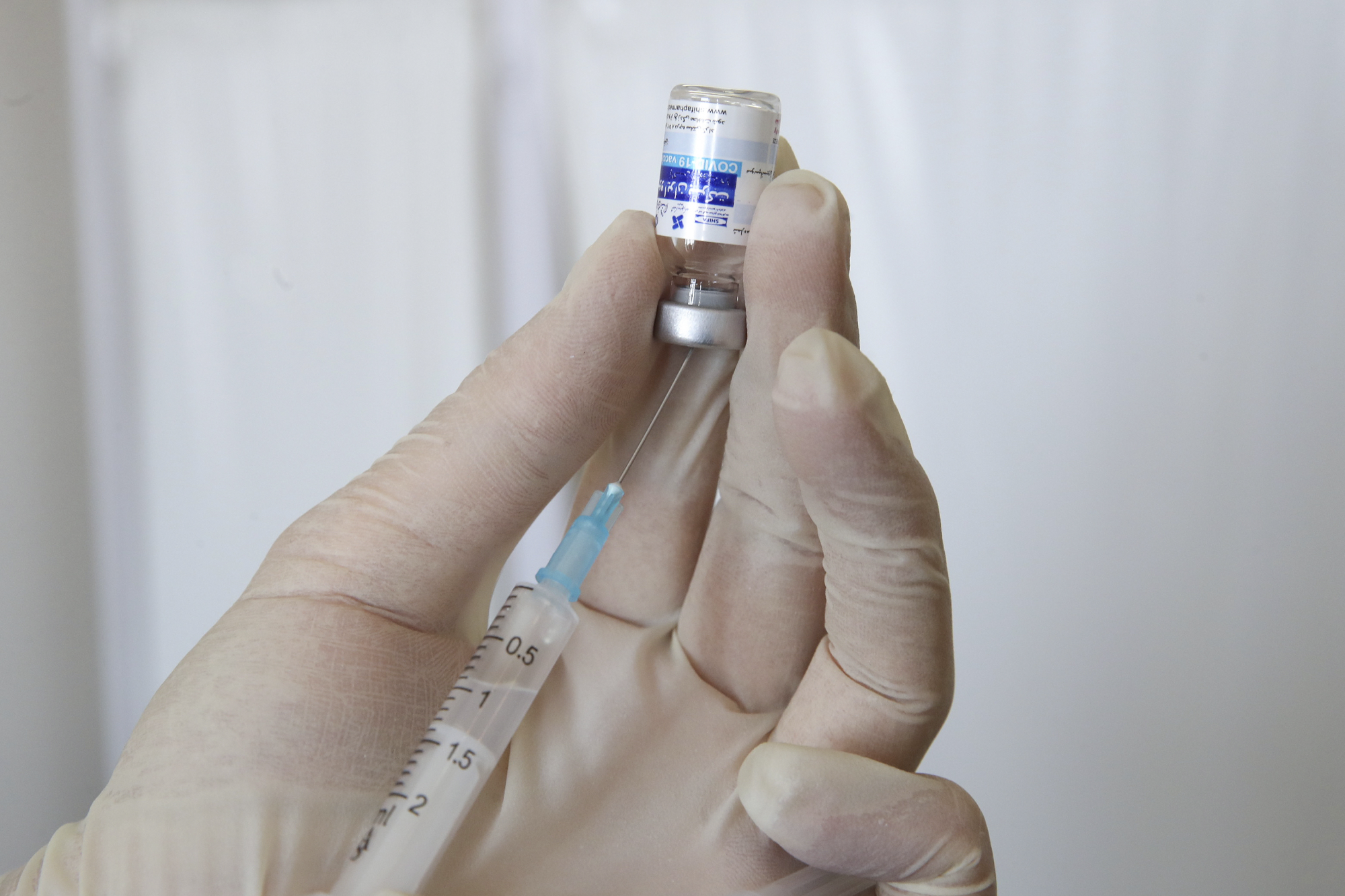In July, reporter Alex Berenson flagged emerging data from Israel suggesting a rise in cases and, potentially, even hospitalizations and deaths. Israel was perhaps the earliest and most broadly vaccinated nation on earth. Was this a signal of the vaccine’s failure to block transmission and its lack of durability? For asking this question, Twitter suspended Berenson for a week.
Unfortunately, Berenson was onto something. Over the next few months, Israeli cases and illnesses surged. Of the 607 Israelis who died of Covid-19 in the month of August, 375 (61.8%) had received either two or three doses of the Pfizer vaccine, while 232 (38.2%) had either zero or one dose. Because a high proportion of Israelis had been fully vaccinated, the rate of illness among the vaccinated was still lower than the unvaccinated. The vaccines reduce the severity of disease – at least for several months. For most high-risk individuals, vaccination probably still makes sense. Yet the rationale for universal vaccination, for coercive measures, and for the vaccination of young people had crashed.

